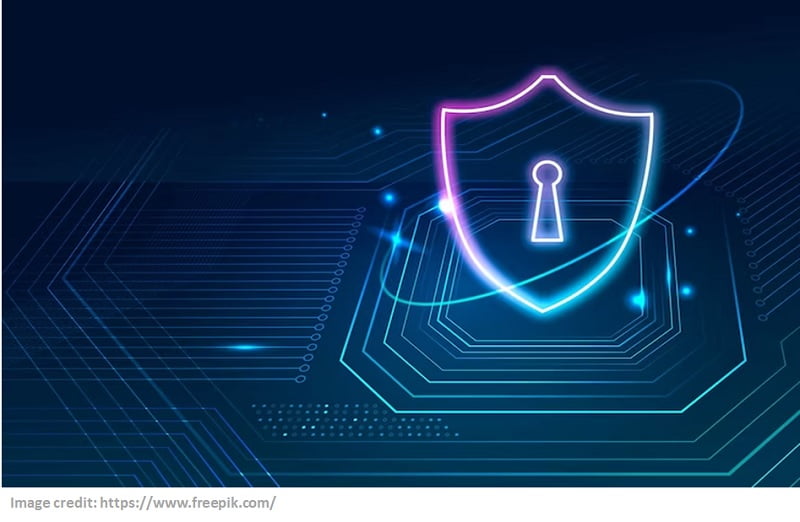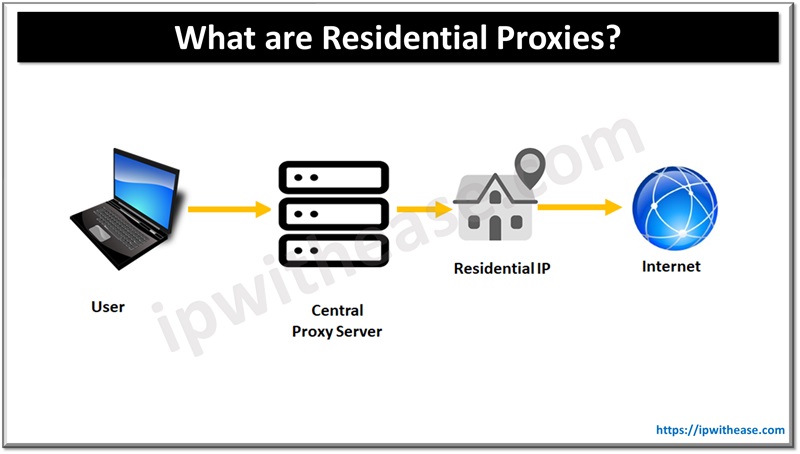As technology advances, the risk of cyber-attacks on financial institutions becomes more prevalent. Fintech companies are at the forefront of this battle, as they rely heavily on technology to provide services and store sensitive data. As a result, cybersecurity has become a critical issue for these companies because the consequences of a successful attack could be disastrous.

In addition to financial loss and damage to reputation, legal and regulatory consequences must be considered. As such, fintech companies are constantly seeking new and innovative ways to safeguard their systems and data from malicious actors.
In this article, we will delve deeper into the world of cybersecurity in fintech, examining the latest trends and best practices in this ever-evolving field.
The Importance of Cybersecurity in Fintech:
Fintech companies have been transforming the financial industry with innovative solutions, but they also face significant cybersecurity risks. Cybersecurity is crucial for fintech companies for several reasons:
- Protecting Customer Data: Fintech companies deal with the sensitive financial data of their customers, including bank account details, personal identification information, and transaction data. A data breach can lead to identity theft, financial fraud, and legal liability. This is especially true for online lenders like CreditNinja, who collect and store sensitive personal and financial information from borrowers.
- Compliance Requirements: Fintech companies must comply with various data protection regulations, such as the GDPR (General Data Protection Regulation) and the PCI DSS (Payment Card Industry Data Security Standard). Non-compliance with these regulations may lead to significant financial penalties and legal repercussions.
- Reputation Management: Cyber-attacks can severely damage the reputation of fintech companies, leading to loss of customers and trust in the brand. This can have long-lasting effects on the company’s growth and revenue.
- Preventing Financial Losses: Fintech companies are highly vulnerable to cyber attacks, which can lead to significant financial losses. Cybercriminals can use techniques like phishing, malware attacks, and social engineering to steal funds or initiate fraudulent transactions. These financial losses can harm not only the fintech companies but also their customers and partners.
- Ensuring Business Continuity: Fintech companies rely heavily on technology, and any system disruption can have significant consequences. For example, cyber attacks can cause system failures, downtime, and data loss, resulting in the inability to provide financial services to customers. Therefore, fintech companies need to have robust cybersecurity measures in place to ensure business continuity.
- Staying Ahead of Competitors: In the highly competitive fintech industry, cybersecurity can be a significant differentiator. Customers are increasingly aware of the importance of data privacy and security and prefer to do business with companies that prioritize cybersecurity. As a result, fintech companies that invest in robust cybersecurity measures can gain a competitive advantage and attract more customers.
How Fintech Companies Apply Cybersecurity:
Fintech companies use various cybersecurity measures to protect their data and customers from cyber-attacks. Here are some common practices:
- Encryption: It is the process of converting sensitive data into an unreadable format. Fintech companies use encryption to protect customer data, such as bank account details and personal information, from unauthorized access. Encryption ensures that even if the data is stolen, cybercriminals cannot read or use it.
- Multi-factor Authentication: Multi-factor authentication (MFA) is a security process that requires users to provide two or more forms of identification to access their accounts. For example, MFA can include a password, a fingerprint, or facial recognition scan. Fintech companies use MFA to prevent unauthorized access to customer accounts.
- Firewall Protection: It’s a network security system that monitors & controls incoming and outgoing network traffic. Fintech companies use firewalls to protect their networks from unauthorized access and malware attacks.
- Regular Updates and Patches: Fintech companies regularly update their software and systems to ensure they are protected against known vulnerabilities. They also install patches and security updates to fix any issues that may arise.
- Employee Training: Fintech companies provide regular cybersecurity training to their employees to educate them on best practices for data protection. Employees are taught to recognize phishing scams, avoid public Wi-Fi networks, and use strong passwords.
Conclusion:
In conclusion, cybersecurity is crucial for fintech companies to protect their customers’ data and reputation. Fintech companies use cybersecurity measures such as encryption, MFA, firewall protection, regular updates and patches, and employee training to prevent cyber-attacks.
By implementing these measures, fintech companies can ensure the security of their data and build trust with their customers.
Continue Reading:
How can Blockchain Technology be used?
What Is Threat Hunting? Everything You Want to Know
ABOUT THE AUTHOR
IPwithease is aimed at sharing knowledge across varied domains like Network, Security, Virtualization, Software, Wireless, etc.



